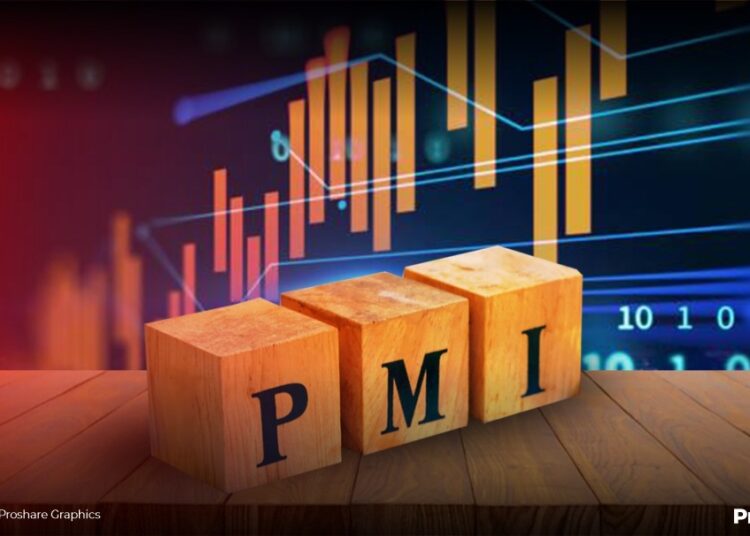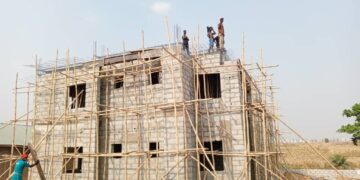Purchasing Managers Index (PMI) by Stanbic IBTC Bank revealed that business activities performance closed at 52.7 points in May, its lowest level in four months.
The report said although the Nigerian private sector remained in growth territory midway through the second quarter of the year, there were signs of a slowdown in the latest survey period as inflationary pressures remained elevated.
Rates of expansion in output and new orders eased in May, while employment dipped for the first time in six months.
The headline PMI registered 52.7 in May, remaining above the 50.0 no-change mark for the sixth successive month and signalling a solid strengthening of business conditions over the month.
The report also noted that the latest reading was down from 54.2 in April and pointed to the least marked improvement in the health of the private sector since January.
It added that the slowdown in overall growth was seen across both output and new orders, which each increased at the slowest rates in four months.
According to the report, inflationary pressures remained elevated in May, despite easing slightly from April. Purchase costs rose rapidly amid higher raw material prices, currency weakness and increased transportation costs.
“Staff costs were also up, but at the slowest pace since March 2023 as a reduction in employment acted to limit the rise in wage bills. Workforce numbers decreased for the first time in six months as some firms reported that difficulties paying staff had led to resignations,”the report stated.
Head of Equity Research West Africa at Stanbic IBTC Bank, Muyiwa Oni, said, “business conditions remain in the expansionary territory for the sixth consecutive month in May amid continued improvement in customer demand which is also ensuring businesses launch new products.
“However, the pace of improvement in business conditions slowed relative to April, pointing to the least marked improvement since January. While new orders have now increased in each month since November 2024, some firms implied that market conditions are softening.”
He noted that “the pace of improvement in new orders during May eased to the weakest level in four months. Nonetheless, rising sales and higher customer numbers supported a pronounced output growth across the wholesale & retail and manufacturing sectors.”
Oni pointed out that “given the rising sales and higher customer numbers, companies increased their quantity of purchases for the sixth consecutive month while the rate of inventory accumulation quickened to a three-month high.”
He explained that Nigeria’s business condition is on course to end Q2, 2025 on a positive momentum, albeit relatively weaker than witnessed in Q1, 2025.
“This is as currency weakness, higher raw material costs, and increased transport prices have been more pronounced than seen in Q1, 2025. However, as inflation is expected to remain softer compared to the 2024 average, interest rates are likely to be lower this year, thereby helping to support the medium-term economic growth path,” he stated.
He maintained that the Nigerian economy is likely to grow by 3.5 per cent Year-on-Year in real terms in 2025 relative to 3.4 per cent Y-o-Y growth in 2024.











